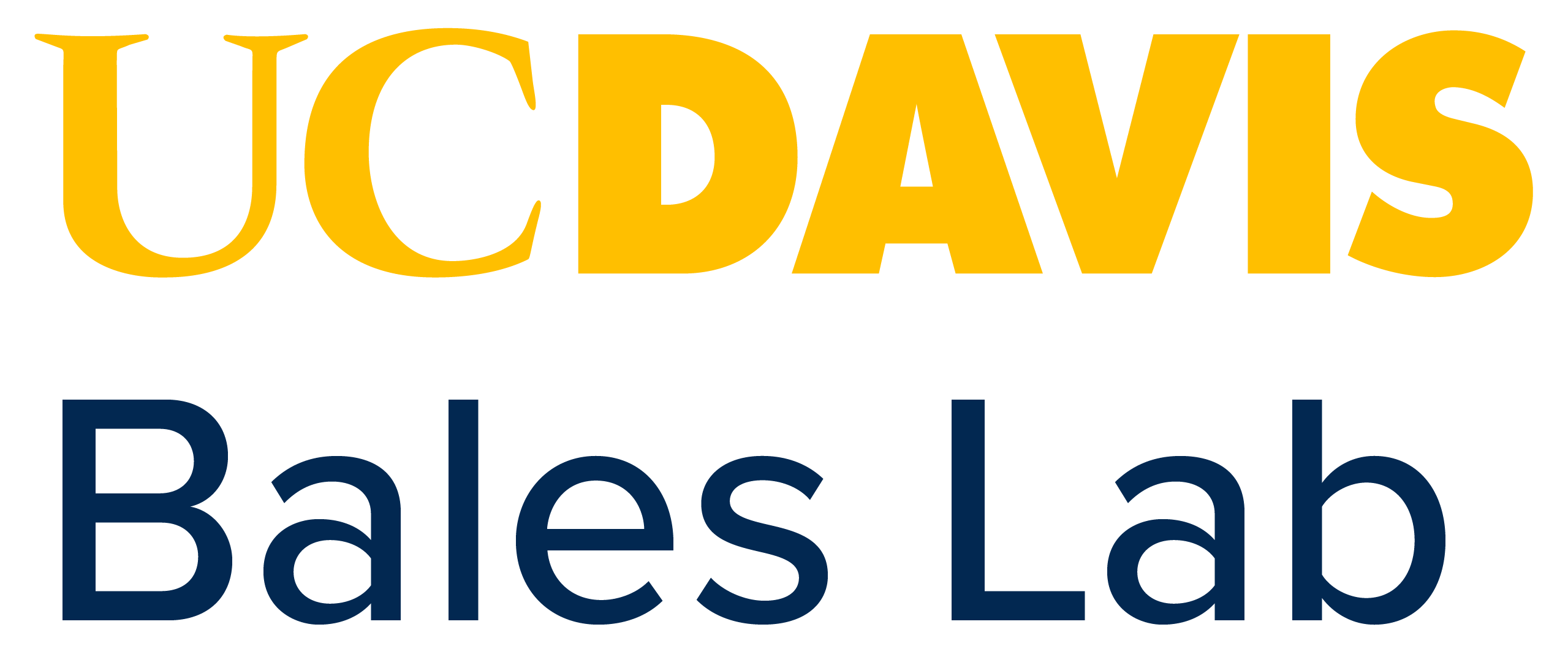Prairie voles are a monogamous species native to the American Midwest. They have become a premier biomedical model for understanding the neurobiology of social bonding.
In our lab, we study the effects of early experience on the adult social behavior and neuroendocrine systems of prairie voles, especially focusing on the hormones oxytocin and vasopressin. We have used a number of early manipulations including developmental exposure to oxytocin; early handling manipulations; and early naturalistic experiences such as variation in parenting received. We have shown that these manipulations have long-term effects on adult social behavior including pair-bonding, as well as the underlying oxytocin and vasopressin systems. We have recently completed projects examining the long-term effects of prenatal exposure to cannabis on adult pair-bonding, as well as the effects of adult pair-bonding on healthy aging.
We are now working, along with Dr. Kristen Berendzen of UCSF and Dr. Karen Ryan of UC-Davis, on a newly funded grant from the National Institute of Aging (R61 AG096085). This project will use the prairie vole, an animal that forms adult attachments, to understand the influence of isolation stress on immunometabolic hallmarks of aging and how individual social resilience moderates this effect. In other words, we are studying why some individuals cope well with social isolation and why others don't.
In our lab, we study the effects of early experience on the adult social behavior and neuroendocrine systems of prairie voles, especially focusing on the hormones oxytocin and vasopressin. We have used a number of early manipulations including developmental exposure to oxytocin; early handling manipulations; and early naturalistic experiences such as variation in parenting received. We have shown that these manipulations have long-term effects on adult social behavior including pair-bonding, as well as the underlying oxytocin and vasopressin systems. We have recently completed projects examining the long-term effects of prenatal exposure to cannabis on adult pair-bonding, as well as the effects of adult pair-bonding on healthy aging.
We are now working, along with Dr. Kristen Berendzen of UCSF and Dr. Karen Ryan of UC-Davis, on a newly funded grant from the National Institute of Aging (R61 AG096085). This project will use the prairie vole, an animal that forms adult attachments, to understand the influence of isolation stress on immunometabolic hallmarks of aging and how individual social resilience moderates this effect. In other words, we are studying why some individuals cope well with social isolation and why others don't.
This material is based upon work supported by the National Institute of Aging grants R56 AG074542 and R61AG096085, NICHD, and the UC-Davis Cannabis and Hemp Research Center.

